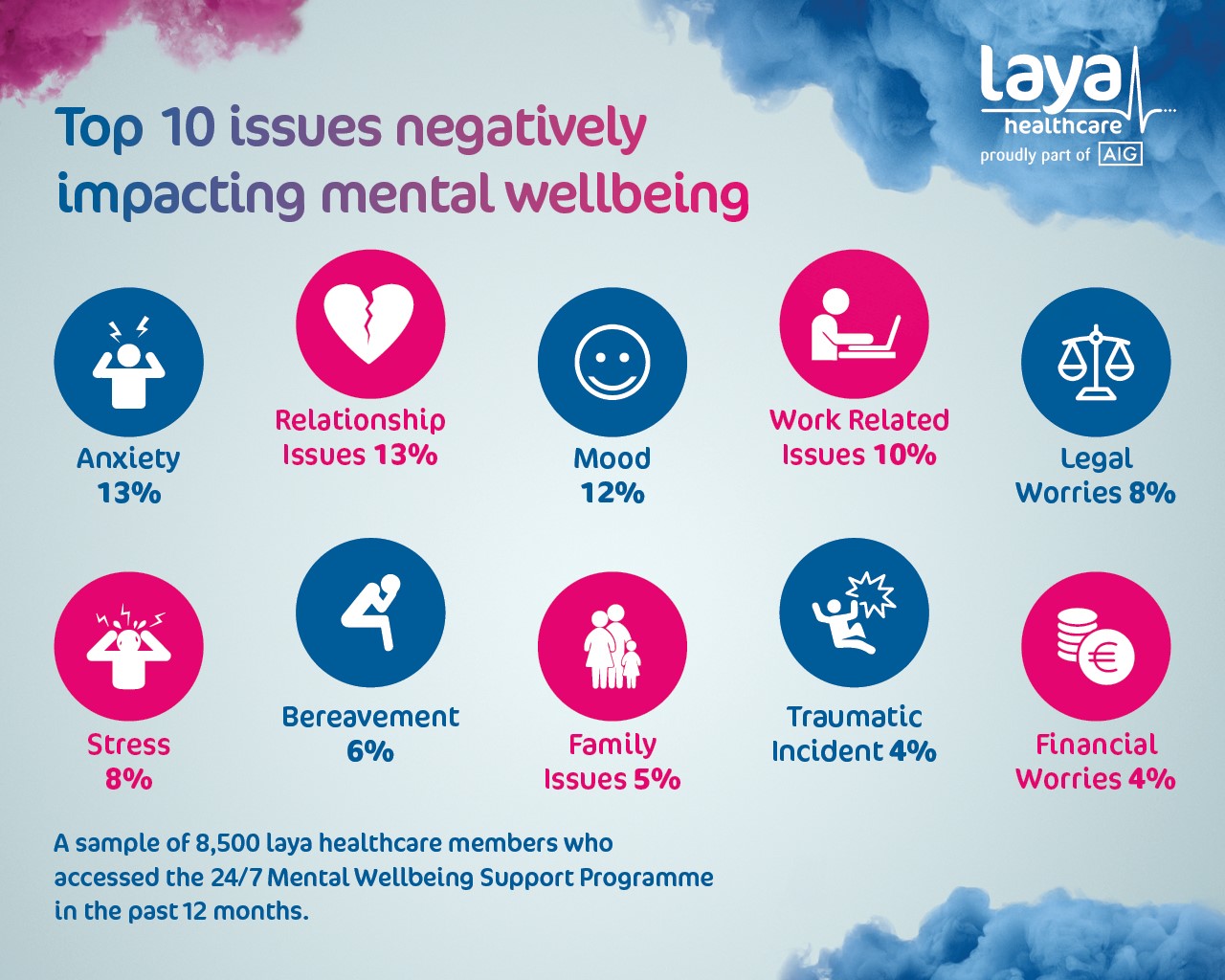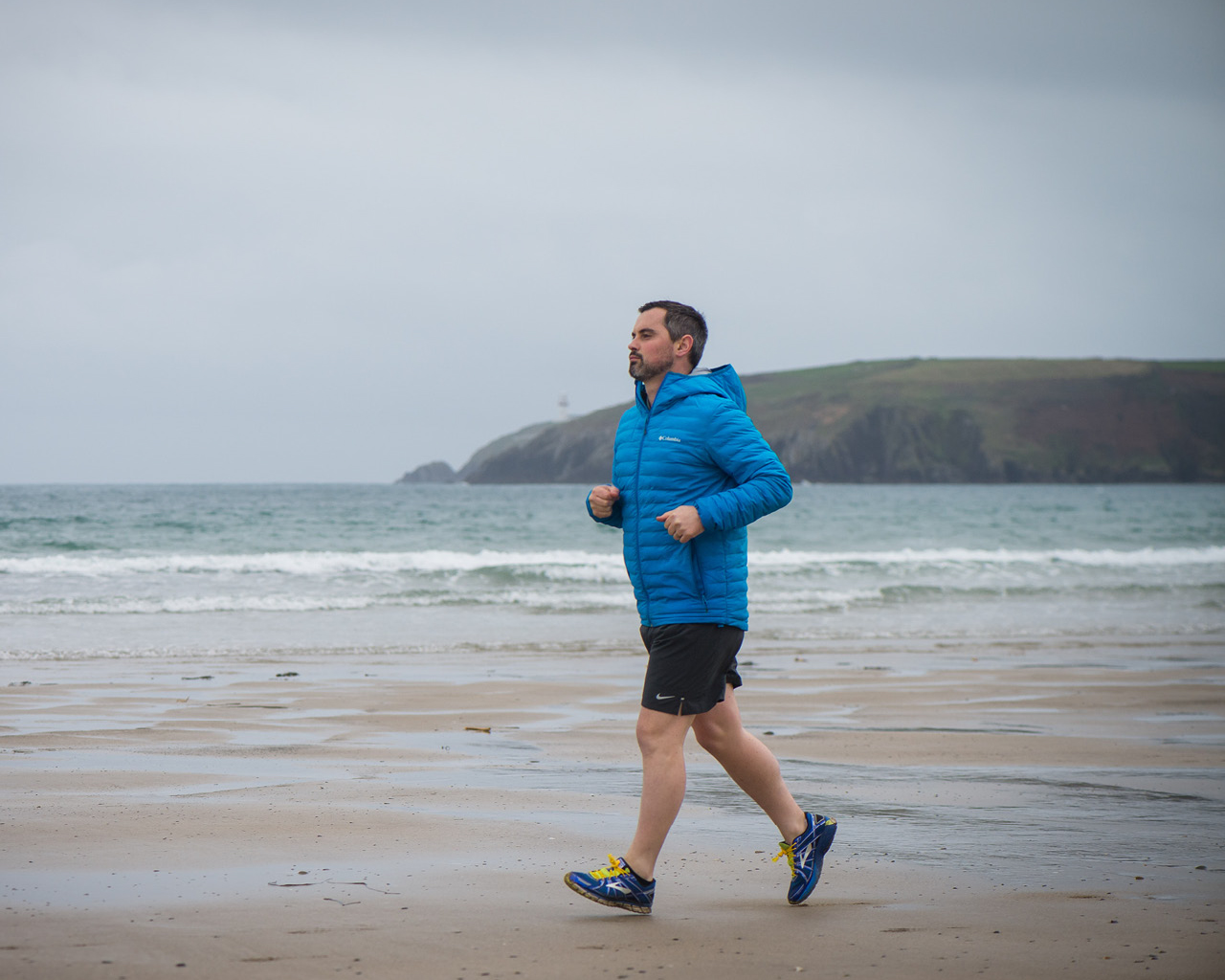Working from home is harder than you think. It requires some shifts in mindset. You’re going to miss out on a lot of emotional and practical support from your normal working environment. But if you adopt a proactive approach to improving your setup and behaviours, you’ll find a new rhythm soon enough.
1) Develop & Refine a Routine
The primary benefit of a routine isn’t so much the measurable outputs of how much you get done, it’s having something to turn to when things go wrong. When you run out of motivation or when you are paralysed by uncertainty, a good routine will tell you what to do next. Two key elements of any useful routine are (a) doing something at a specific time and (b) when I stop X, then I start Y. Routines can be enhanced and refined over time but you have to start with something. Don’t try to wing it.
2) Mood Maintenance
Congratulations! You’ve now been promoted to the role of Chief Mood Officer in your home working environment. At the best of times, this is important but with the deluge of sadness and fear that’s coming at us it’s vital that you work on maintaining a healthy mood. Your role is to outnumber the mood-lowering experiences with mood-boosting ones. Fit this around your working day and play music that delights, dance like nobody’s watching (outside of video calls ideally), shoot the breeze with a buddy. It doesn’t exactly matter what you do, as long as it’s counter-balancing the negative stuff.
3) Be More Human, not Less
As this pandemic develops we will suffer an increasingly heavy emotional toll. Rather than pretending it isn’t happening or attempting to deal with it by being ‘tough’, we need to step up our emotional connections with others. My suggestion is to always begin a conversation with “How are you?”. This is a time to strengthen our relationships with our colleagues. By asking for help, or sharing what we’re finding difficult, we’re encouraging others to be, and to feel, more useful. Chances are that your colleagues are experiencing similar challenges to you and may already have figured out solutions.
4) Assume Positive Intent
When most of our communications are electronic, we’re missing a lot of the information we receive from face to face interactions. When this is coupled with prolonged isolation, we’re more open to tendencies which feed our sense of exclusion and even paranoia. This can lead to over-reactions to innocuous messages, or reading too much into a response, or often lack of response. The antidote here is to assume positive intent at all times. Invariably, the ‘others’ aren’t out to get you.
5) Think longer term
You won’t be much use to your team/clients if you’re depressed or burnt out. By over-working today, you’re stealing from tomorrow’s energy. In a time of panic, in an unusual , this is a real possibility. It’s important you stay fresh enough to be able to do valuable work tomorrow, and next week. Today’s drama will be forgotten soon enough. Your responsibility is to stay in contention over the long term.
Additionally, there are some practical approaches that will bear fruit over time:
Create a Sacred Workplace – don’t make the mistake of using the couch, bed or shared spaces to do your work. It won’t last. You need a place, ideally behind a closed door, where *only* work happens during work hours. Yes, this is a challenge if you have kids at home too. But they’ll learn to respect it.
Maintain Boundaries - you need to be firm on what’s work, and what isn’t. Stick to start times and end times. Remember, you’re missing out on normal out-and-about leisure so be religious about taking breaks. Without clear boundaries, your work will spill all over your home life.
Use Ceremonial Transitions - normally, you have a ritual around getting to work and coming home. You don’t have that now. So, you need to replace those transitions with something else. In the mornings, use the time you normally spend on commuting on self-care activities e.g. walking, stretching, meditation. When it’s time to stop work, stand up and proclaim something goofy like, “Work is complete!”. Have fun with it but don’t neglect it.
Develop healthy habits – in the home environment, all our external cues are about comfort. You need to be proactive or you’ll lose your discipline. Plan your eating and avoid adopting holiday rules when it comes to treats. Prioritise this from the start and you’ll become more proficient.
Use your autonomy wisely - it’s likely you’ll have some more freedom around your calendar. This is good news. Prioritise your highest value work for earlier in the day. With fewer interruptions, you can go deeper. If you do this right, you should be able to get more done in less time. The important bit here is ‘less time’. Don’t allow the work to expand to fill all the hours in your day. Set timers to limit yourself to a specific task (look up the Pomodoro technique).
One final thing: don’t expect to be a home-working ninja straight away. It’s likely you’ll read this advice and still make half the mistakes I talked about. Be gentle with yourself as you develop the skills and systems you need to perform at your best.
These are exceptional times. Look after yourself.


.jpg)




